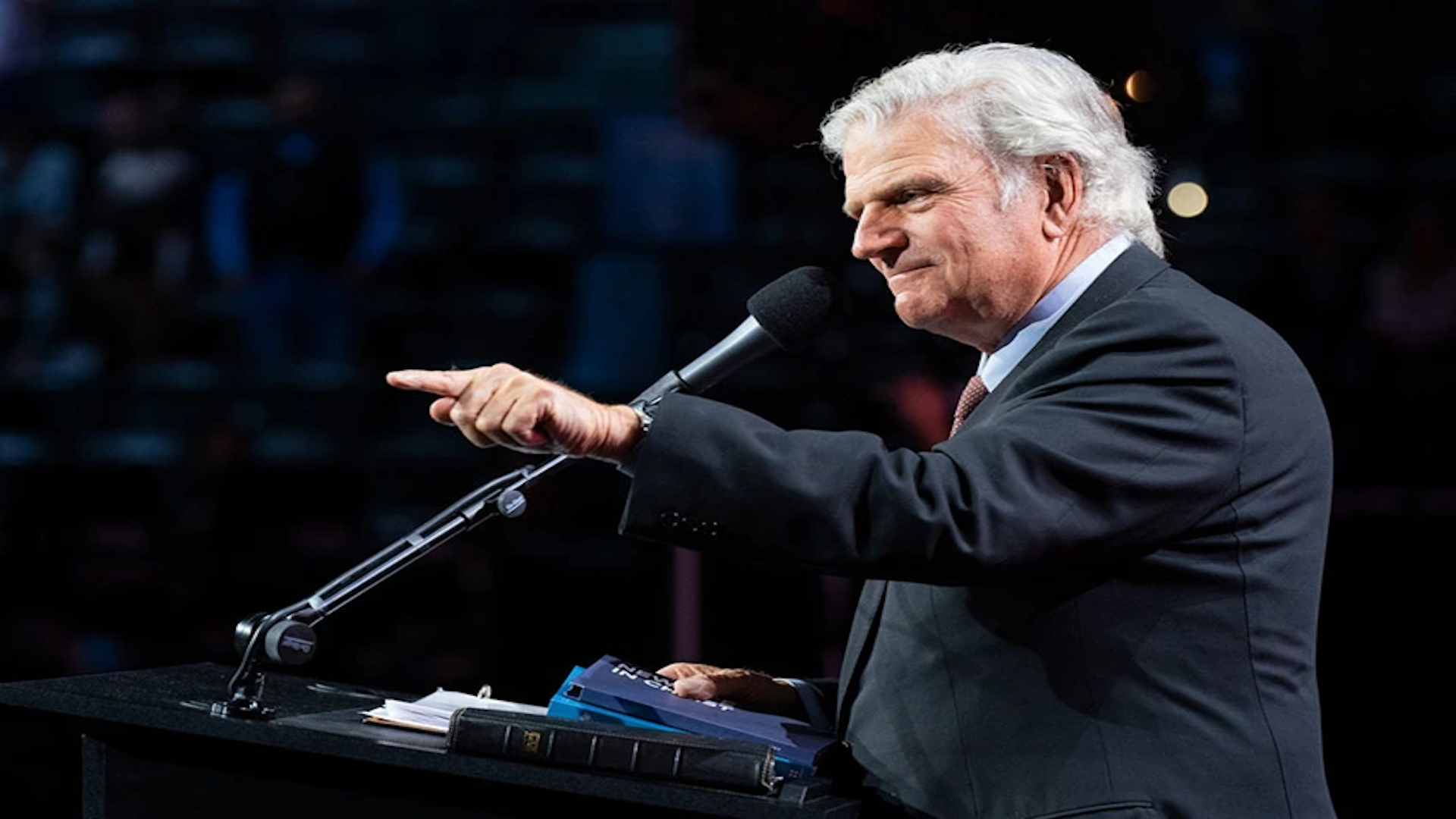Inside The Rising Tide of Anti-Christian Hate…
It’s happening quietly—too quietly. Across Europe, a wave of anti-Christian hatred is building. It doesn’t make headlines. It rarely sparks press conferences. And all too often, it’s dismissed as random vandalism or misunderstood outbursts. But behind the silence, one truth remains: Christianity is under attack in the very land that once carried its light to the world.
The 2024 report from OIDAC Europe (Observatory on Intolerance and Discrimination Against Christians) reveals an alarming trend—2,444 hate crimes against Christians across 35 European countries. These are not just numbers. They represent burned churches, defaced altars, threatened believers, and broken communities. Each one tells a story of a faith that is increasingly unwelcome in public life and under siege in private devotion.
So why is no one talking about it?
That’s the first question Christians—both in Europe and here at home—ought to be asking. When a synagogue or mosque is attacked, the world responds with outrage and action. As it should. But when churches are desecrated or believers assaulted, the silence is almost total. Where are the headlines? Where is the global concern?
Part of the answer lies in Europe’s complicated relationship with its own Christian past. In today’s secular culture, Christianity is often treated as an outdated institution, a relic of another time. Its sacred spaces are seen as tourist destinations more than houses of worship. Its moral teachings are viewed with suspicion, even hostility. To be openly Christian in parts of Europe today—especially to hold traditional biblical beliefs—is to invite ridicule, isolation, or worse.
But refusing to confront this violence doesn’t make it disappear.
In France, nearly 1,000 attacks on Christian sites were recorded in 2023. At least eight were confirmed arson cases. That’s three attacks per day. In Germany, anti-Christian hate crimes more than doubled in a single year. Churches were vandalized, crosses defaced, and sacred art desecrated. In the UK, more than 700 hate crimes targeting Christians were documented, with many victims under the age of 35—young people harassed simply for confessing faith in Christ.
Some cases are even more disturbing. A Christian convert in Birmingham was stabbed repeatedly by a relative after turning from Islam to follow Jesus. In Sweden, a church was firebombed during a prayer service. These aren’t isolated stories—they reflect a broader reality: Christians are being targeted simply for believing, gathering, and praying.
And still, the media barely flinches.
Who’s behind these acts of hatred? The OIDAC report points to several sources: Islamist extremism, militant secularism, and far-left ideologies. But it’s not just ideology—it’s also neglect. Governments and journalists too often refuse to name the motive or acknowledge the pattern. Crimes are filed under generic labels like “vandalism” or “disturbance.” The deeper issue—the targeting of Christian belief—is ignored.
This is more than physical violence. Across Europe, Christians are increasingly facing legal pressure and cultural exclusion. In the UK, even silent prayer near an abortion facility can result in arrest. In other parts of Europe, expressing traditional Christian views on marriage or gender can lead to termination or legal sanction. The message is clear: believe what you want, but don’t bring it outside the church walls.
This is what modern persecution looks like—not lions in the arena, but quiet suppression under the cover of law and political correctness.
Thankfully, some are beginning to speak up. In Spain, the Observatory for Religious Freedom is urging the European Union to appoint a Special Coordinator for Christianophobia, just as the EU already has for antisemitism and Islamophobia. If Europe is truly committed to religious liberty, Christians must be granted equal protection and representation.
As María García of the OLRC rightly stated, “Coexistence and religious freedom in Europe are threatened.” And she’s right. A continent shaped by the Gospel is now in danger of turning its back on the very foundation that gave it meaning.
But this isn’t just Europe’s problem. It is our problem too. If anti-Christian hate can grow unchecked in Paris, Berlin, or London, then we must ask ourselves: how far behind are we?
We cannot turn away. We cannot pretend it isn’t happening. We must pray for our brothers and sisters in Europe, support the organizations defending them, and speak out against the silence. Churches in America must be bold in their witness and unapologetic in their concern.
Because silence in the face of persecution is not neutrality—it’s surrender. And history has shown us what happens when the faithful grow quiet while evil advances.




